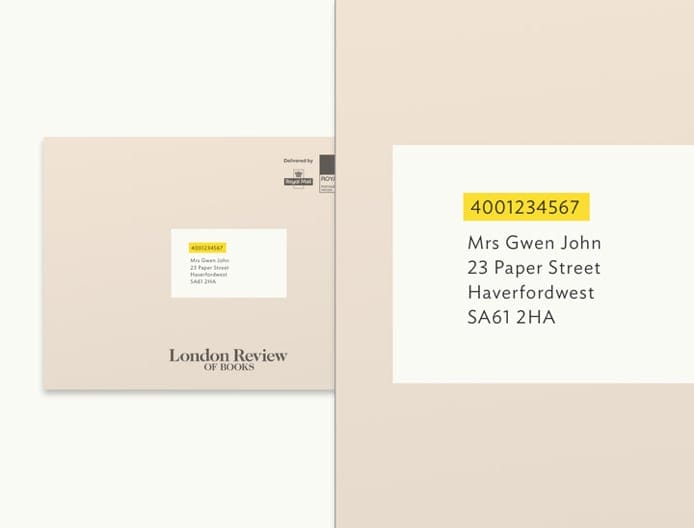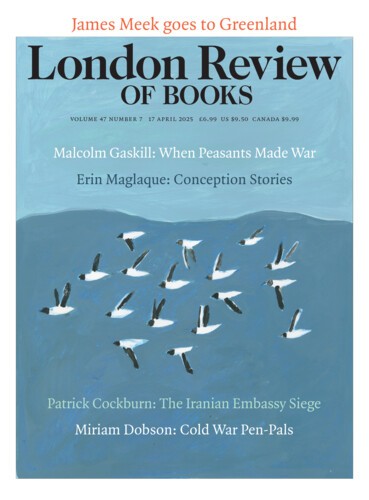Labour’s Straitjacket
John Lanchester
Through the post arrives an artefact of a vanished civilisation, trailing that nimbus of mystery and sadness and forsaken possibility that belongs to reminders of a world we have lost. It comes in the form of a cheque from the state, made out to my son, for £1024. The cheque isn’t actually signed by Gordon Brown, but it might as well be. The Child Trust Fund was a New Labour




